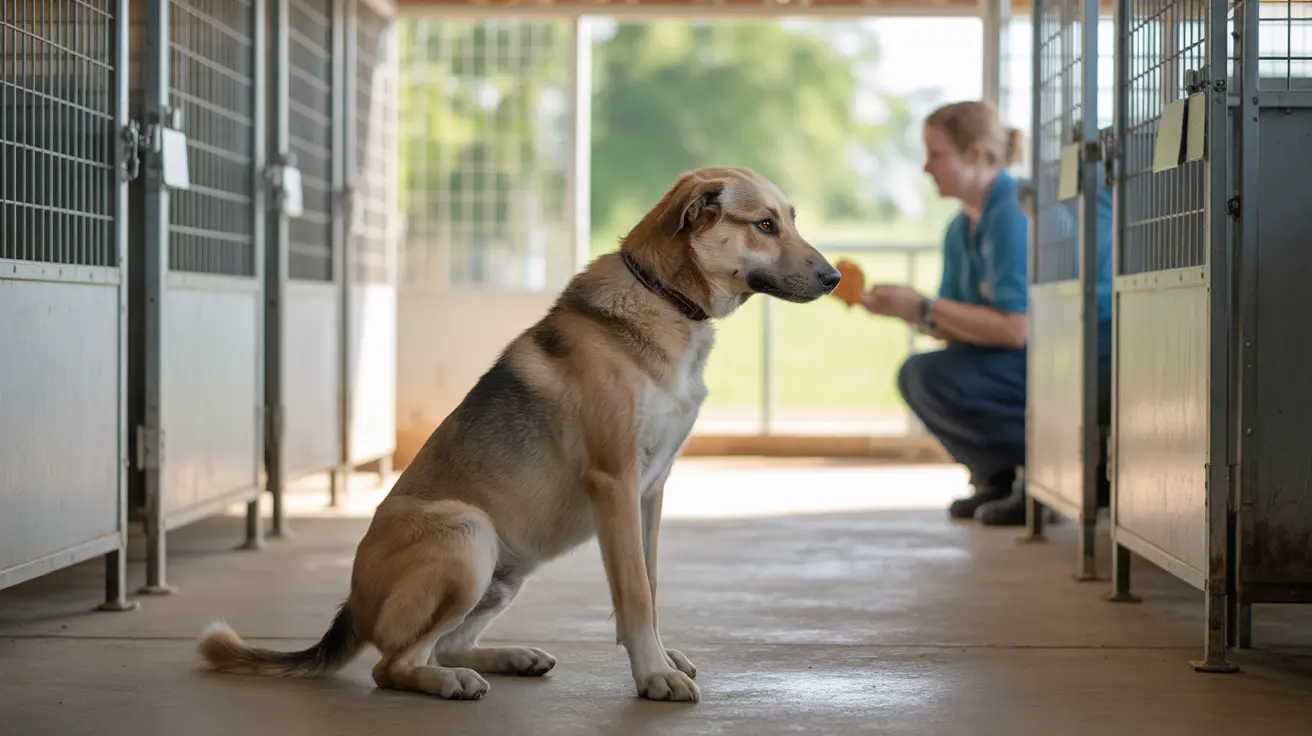Understanding Why Dogs Dig on Beds
Ever watched your dog furiously scratch or dig at their bed before settling down? You're not alone—this quirky ritual is deeply rooted in canine instincts and has more meaning than meets the eye.
Instincts Passed Down from Wild Ancestors
Long before dogs became our loyal companions, their ancestors—wolves and other wild canines—had to create safe, comfortable places to sleep. Digging, scratching, and circling were essential steps for survival. These actions helped them:
- Tamp down grass or foliage to make a soft nest
- Create shallow holes for warmth in cold weather or coolness in heat
- Check for hidden dangers like insects or small animals
- Hide from predators by blending into the environment
Modern dogs may have plush beds instead of dirt patches, but those ancient instincts haven't faded. When your pup digs at their bedding, they're echoing behaviors that once kept their ancestors safe and cozy.
Circular Rituals: More Than Just Spinning
You might notice your dog circling before lying down. This isn't just indecision—it's another inherited behavior. In the wild, circling allowed canines to flatten grass and check the area for safety. Some experts even suggest they circled to align with the wind direction, making it easier to scent approaching predators.
Scent Marking: Making It Their Own
Dogs have scent glands in their paws. When they scratch or dig at bedding, they're leaving behind their unique scent signature. This marks the bed as "theirs," providing a sense of security and ownership. If you've just washed your dog's bed or brought home a new one, you may see extra digging as they work to reapply their familiar scent.
Nesting Instincts in Female Dogs
For female dogs—especially those who are pregnant or have recently had puppies—digging and nesting behaviors become even more pronounced. They're hardwired to establish a safe den for their offspring by rearranging bedding or burrowing into it.
Pursuing Comfort: The Canine Way
Comfort is a huge motivator for bed-digging. Dogs use their paws to fluff up blankets or shift pillows until everything feels just right (much like humans adjusting a pillow). If a bed is too small, lumpy, or worn out, you might see more intense digging as your dog tries to make it suitable for sleep.
Environmental Triggers: Stress and Boredom
Sometimes digging goes beyond routine nesting. Stressful changes—a new pet in the house, moving furniture, loud noises—or even simple boredom can lead dogs to dig more vigorously at their beds. Breeds developed for hunting or digging (think terriers and beagles) often display this behavior more strongly than others.
- Lack of exercise
- Boredom from insufficient mental stimulation
- Anxiety from separation or environmental changes
When Digging Signals Trouble
If your dog's bed-digging becomes excessive, destructive, or suddenly starts out of nowhere, it's time to pay closer attention. Such changes could indicate discomfort (like arthritis), allergies causing itchiness, or emotional distress that needs addressing. Consulting a veterinarian or canine behavior specialist can help uncover underlying issues.
Managing Unwanted Bed-Digging
- Choose a comfortable, well-sized bed that's regularly cleaned.
- Offer designated digging spots (like a sandbox) if your dog has strong instincts.
- Increase daily exercise and provide interactive toys for mental stimulation.
- Reward calm pre-sleep behavior with treats or affection.
- Trim nails regularly to minimize bedding damage.
- Create a peaceful sleep environment with familiar scents and minimal noise.
If compulsive digging persists despite these efforts, professional guidance may be needed to address anxiety or behavioral concerns.
The Takeaway: A Normal Part of Dog Life
Your dog's urge to dig on beds is fundamentally normal—a blend of ancient survival skills and modern comfort-seeking habits. While it rarely requires correction unless it's destructive or signals distress, understanding why dogs do this helps you support their well-being (and maybe save your favorite blankets).





